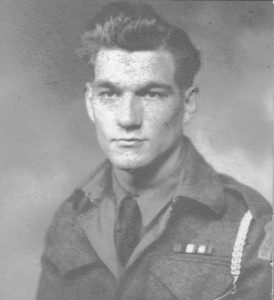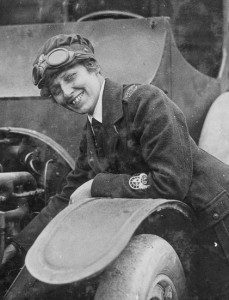
When my veteran friend Stephen Bell came home from war in 1945, he only weighed 97 pounds (when he enlisted in 1940 he’d weighed 180). In ’45, military doctors conducted a short debriefing. They didn’t ask him about his eardrums, broken during the battle at Dieppe where he was captured in August 1942. He still had shrapnel in his back and because the Nazis had shackled him while he was a POW, his wrists were arthritic.
“I was eventually placed on 100 per cent pension,” Bell told me back in the 1990s.
Stephen Bell, who died at age 85 in 2009, didn’t have much good to say about his military experience. On Aug. 19, 1942, he’d been part of the disastrous raid on Dieppe, France, where more than 3,500 Canadians became casualties. After his capture there he spent the rest of the war in POW camps in sub-human conditions.
“If it weren’t for my arthritis I would be in great shape,” Bell told me 20 years ago. He added, however, that he had “a lot to be thankful for.”
Today, he and many of his Second World War comrades would be appalled by what’s gone from bad to worse in the public service of Canadian vets. Next Monday, an Opposition motion in the House of Commons will attempt to block a money-saving measure by the federal government to close Veterans Affairs Canada offices in eight Canadian communities. The Conservative majority will defeat the motion.
Ironically, had Stephen Bell sought assistance today in his native Saskatchewan, where the Harper Conservatives plan to close the Saskatoon office, he would have had to travel nearly twice the distance from his home to seek VAC attention.
Last month, when a group of contemporary veterans arranged a meeting with Veterans Affairs Minister Julian Fantino, he arrived late, got into a shouting match and walked away from the vets who were attempting to dissuade the government from closing VAC offices in Sydney, N.S., Thunder Bay, Windsor, Corner Brook, N.L., Charlottetown, Kelowna, B.C., Brandon, Man., and Saskatoon. Fantino symbolically abandoned those he’s supposed to be serving.

During the Great War, Grace MacPherson had a confrontation with the man she was serving. A Vancouver volunteer in the Red Cross, she wanted to drive ambulances behind the front lines at the Western Front where the Canadian Expeditionary Force prepared to take Vimy Ridge in 1917. To make her case MacPherson secured an interview with the Minister of Militia at the Savoy Hotel in London, England.
“I’ve come from Canada to drive an ambulance,” she announced to Sir Sam Hughes in the meeting.
“I’ll stop any woman from going to France,” he said. “And I’ll stop you too.”
Grace MacPherson accepted his judgment and went back to work in the Red Cross office dispensing pay chits to Canadians on leave in London. But she never gave up hope to serve closer to the action. Coincidentally, conditions in France superseded Sam Hughes’ resistance to MacPherson’s idea. The war office decided that men in the ambulance corps could better serve the war effort closer to the front, so the driving jobs were re-assigned to women volunteers. Grace served a year and a half loading wounded into her ambulance, driving them to aid stations, while maintaining the ambulance’s engine and repairing its flats… all for a paltry 14 shillings a week.
“Didn’t matter,” MacPherson wrote in diary. “I was most proud of the Canadian patch I wore on my shoulder.”
Veterans are like that, I’ve discovered. They recognize the realities of their service. Even if they don’t agree with decision-making, they live up to their responsibilities. They have a high regard for punctuality. And above all they never let down their peers in the service of Canada. It’s the credo by which they live and die. Apparently, such qualities are tougher to find among those administering Veterans Affairs Canada.
By the way, a few weeks after my Dieppe vet friend Stephen Bell left the Toronto office that had discharged him with a clean bill of health in 1945, he collapsed on Bay Street. X-rays revealed that he had both pneumonia and pleurisy. He spent the next 17 months in and out of the Christie Street Veterans Hospital.
“After six months, I was called (to a Toronto army office) for a review of my health. I told them I felt fine most of the time, so my pension was reduced to 10 per cent. … It didn’t bother me that my pension was cut off. I could make it on my own.”
Most veterans – then or now – would exhibit the same kind of fortitude. They can and do suck it up. If they have to they can make it on their own. But like Stephen Bell then, veterans now need the help they’re entitled to – close by, uninterrupted, unchallenged by politicians or bureaucrats, unsullied by fiscal conservatism and its shortsighted view of Canadian values.
Steve was my great uncle. I know his whole story. He, to me, and the family is a Canadian hero. Years ago my oldest daughter told his story at her Elementary school on Remembrance Day. Many a child and visiting vets shed a tear. It’s a shame that vets have to fight to get their rights heard. It’s because of them, we have freedom. Let’s give them respect.